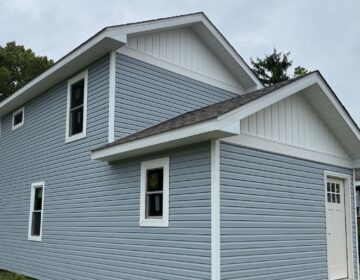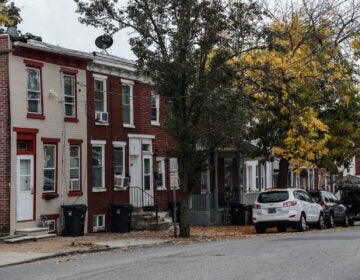Philadelphia’s COVID rental assistance program to roll out differently in 2021
After a year of hard lessons, Philadelphia officials say a new and improved COVID-19 rental assistance program will come online in March.
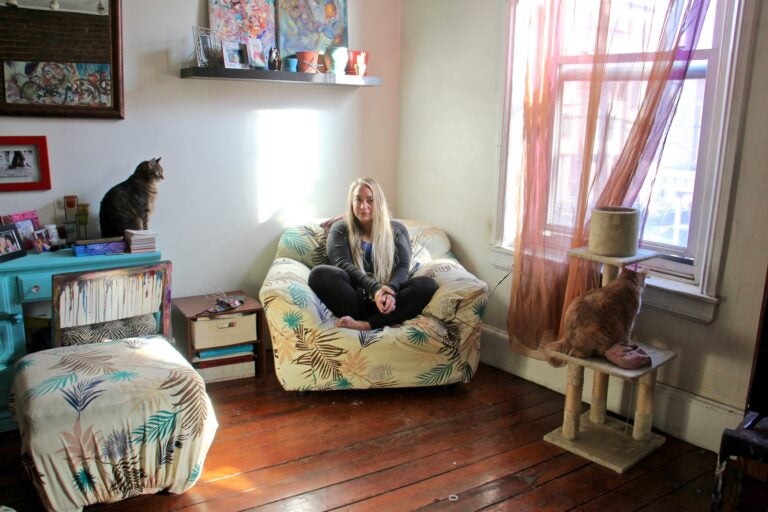
Jennifer Ferrell is a dance instructor whose business has slowed during the pandemic. Rental assistance has allowed her too keep her apartment in Northern Liberties, where she stages Zoom classes. (Emma Lee/WHYY)
Ask us about COVID-19: What questions do you have about the current surge?
After a year of hard lessons, Philadelphia officials say a new and improved COVID-19 rental assistance program will come online in March.
Among the changes in the works for the program funded by Congress as part of a $900 billion COVID relief package passed in December, are new income requirements and up to 12 months of aid, though only three months of that can be for forward rent, according to the federal rules.
In addition, officials have vowed to set aside a portion of the funds to help tenants participating in the city’s eviction diversion program and created a provision that allows tenants to access program funds even if landlords refuse to participate.
The tweaks come after nearly a year of “figuring it out as we go along,” said Greg Heller, Philadelphia Housing Development Corp. senior vice president of community investment.
New rules
New federal guidelines dictated the 2021 rental assistance program will be more narrowly focused on households earning lower incomes. While the program last year allowed households earning $87,400 — the area median income for a household of four— in its second and third phase, the next phase will target households earning less than $70,000 and those who have been unemployed for 90 days.
In addition to those groups, the program will serve people participating in the city’s eviction diversion program, a mediation-based alternative to court. Still unknown is whether tenants will be able to use the federal funds to settle 2020 rental debts. Payments will go directly to landlords unless the landlord has refused to participate.
The new three-month rental assistance term came as a mandate from Washington. If tenants still need aid past that period, they will need to recertify their income. Under the new rules, tenants can continue doing this process for up to a year.
Jennifer Ferrell, a professional belly dancer who goes by Jeni Paradiso, was one of the 10,848 people helped by the program in 2020. The aid took about two months to arrive — from application to signed check— but it saved her from economic disaster. Ferrel’s work teaching belly dancing relies almost completely on physical proximity and once social distancing regulations took hold in March, her business evaporated. It was a stressful two months waiting for her application to be approved, Ferrell noted.
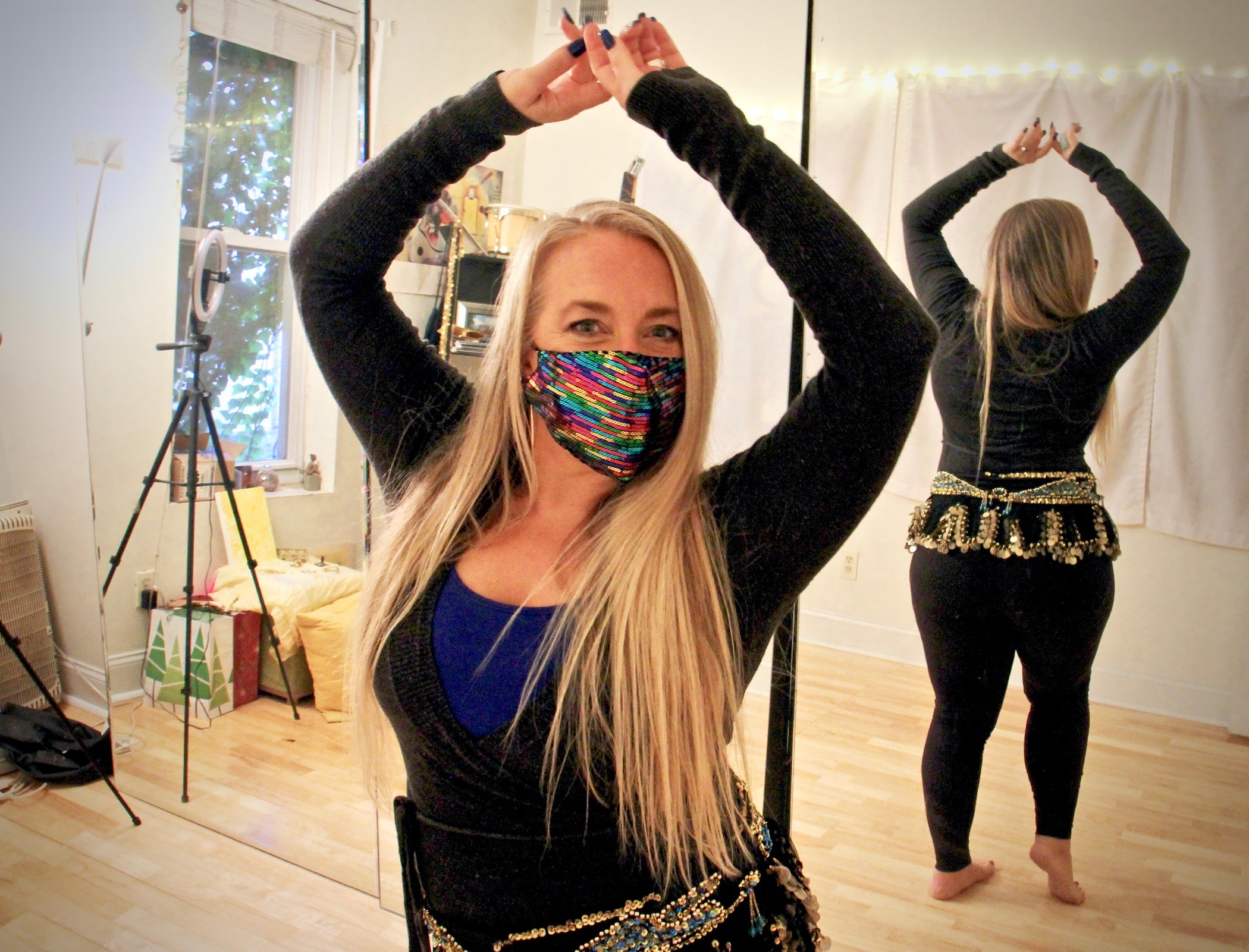
“When you don’t know if you’re even going to be approved, it’s nerve-wracking,” she said.
Heller said the city wants to make the process easier through streamlining the process. One simple change: Asking applicants to provide more information in their initial applications. “The more times that we have to go back to landlords and tenants, the longer the wait time and obviously the more frustrating it is and the more opportunities there are for things to get interpreted wrong or documents not to be submitted properly,” Heller said.
A system born from crisis
In less than a year, Philadelphia has spent $60 million to create an entirely new system of rental assistance.
Whether or not the tenant-friendly program or its infrastructure will survive in any form is an open question.
“Did we just invest software and hire staff and build a call center that we’re going to have to dismantle in a year?” Heller asked. It’s definitely a possibility.
Ideally, he would like flexible federal funding that can be used to provide rent assistance long-term because “it was essential before the pandemic [and] it’s going to be essential after the pandemic.”
About half of Philadelphia renters are cost-burdened — a fact on the ground long before the pandemic.
Vincent Reina, an urban planning professor at University of Pennsylvania, is working on a five-city study of rental assistance tied to the fallout of the pandemic, household outcomes, and owners’ perspectives including Philadelphia.
He found that most of the people who are applying to these programs are people who were struggling to make rent even before the pandemic. During the first phase of rent relief in Philadelphia, over half of the households who applied had children and one quarter worked in the service sector, one of the industry’s most affected by the pandemic.
“These are households that clearly showed distress before,” he said.
Yet the city has struggled to get landlord buy-in since the beginning. Originally, the state-funded rental assistance program only offered landlords $750 a month, no matter the rent owed.At that point, landlord participation hovered as low at 44%.
As a means to get more landlords to apply, the city began matching the state money with its own CARES money in September for a total of up to $1,500 of assistance in later phases. With more incentive for landlords, the participation rate shot up to 63%
“We know that landlords don’t want to participate in the program where they have to take a big haircut, where they have to give up a lot of the rent that was due to them,” Heller said.
The city hopes to be able to continue offering an amount of monthly assistance that is high enough to incentivize landlords to participate but that will depend on an OK from Washington.
But Northeast Philadelphia landlord Al Gallon hopes that the program does more in its next iteration to help owners tap the program. He said that he wanted to participate last year but could not because his tenant didn’t apply.
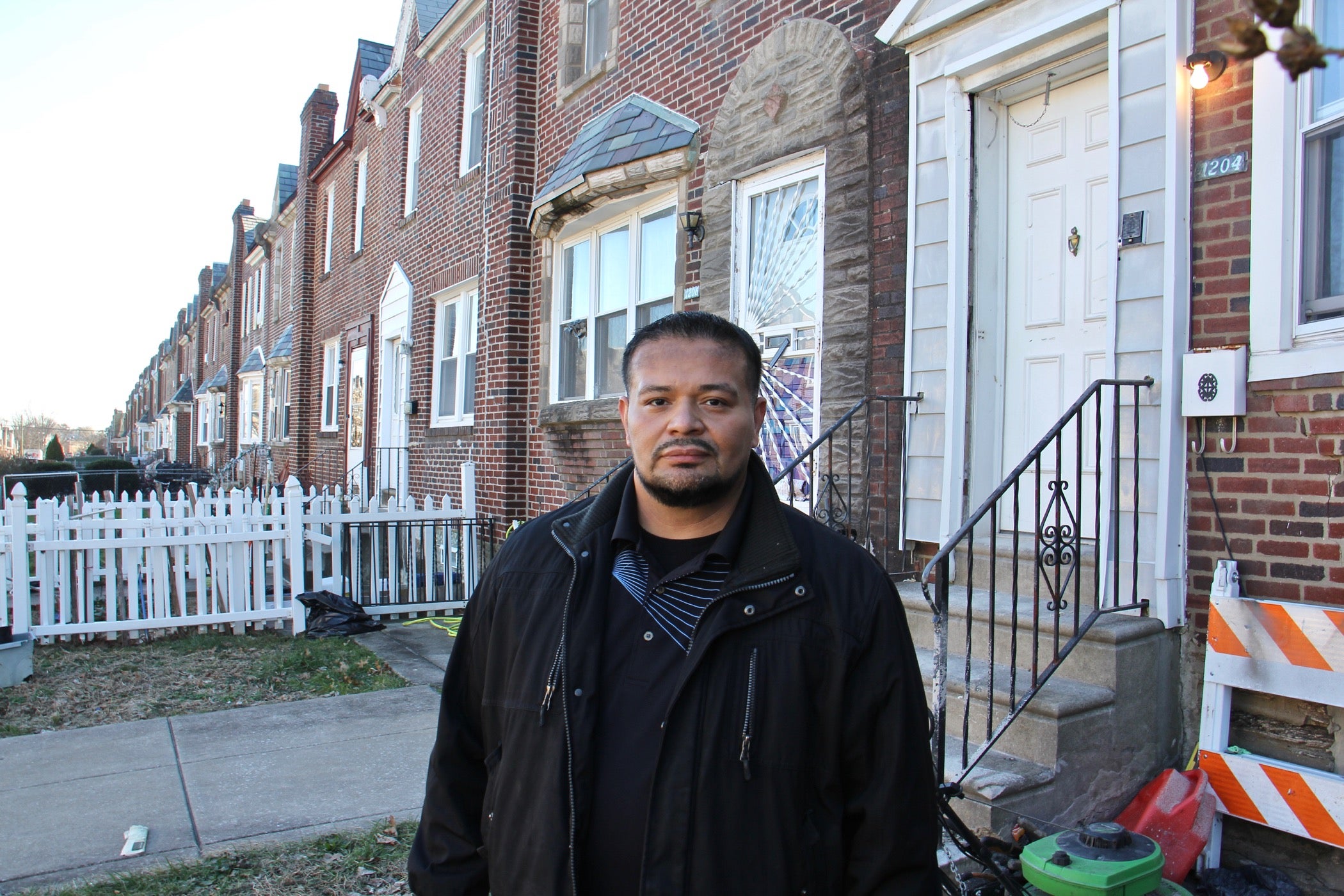
Gallon said he ended up losing about six months worth of rent before his tenant just left one night with damage to his property.
“My issue is the way this program was created that if the tenant didn’t apply then the landlord couldn’t receive anything,” he said. “If the tenant never did their part, the landlord was stuck.”
None of the phases of rental assistance have not allowed the landlord to apply without the tenant’s participation or consent. That won’t change in 2021, due to the federal rules.
“Where’s the help for the landlords? How can we get our bills paid?” Gallon asked.
 WHYY is one of over 20 news organizations producing Broke in Philly, a collaborative reporting project on solutions to poverty and the city’s push towards economic justice. Follow us at @BrokeInPhilly.
WHYY is one of over 20 news organizations producing Broke in Philly, a collaborative reporting project on solutions to poverty and the city’s push towards economic justice. Follow us at @BrokeInPhilly.

Subscribe to PlanPhilly
WHYY is your source for fact-based, in-depth journalism and information. As a nonprofit organization, we rely on financial support from readers like you. Please give today.



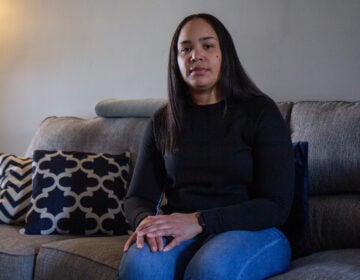

![CoronavirusPandemic_1024x512[1]](https://whyy.org/wp-content/uploads/2020/03/CoronavirusPandemic_1024x5121-300x150.jpg)
